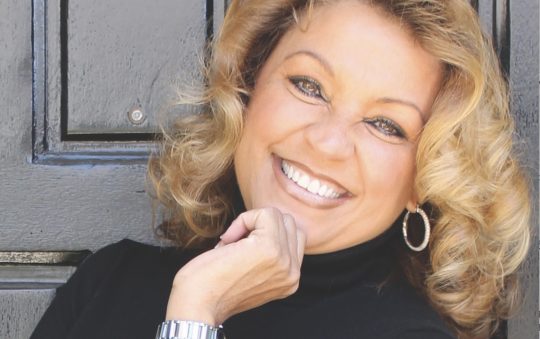
Every time we turn on the television or listen to the radio, we see that the world is still in flux and full of much turmoil and we are in dark times. Recently, a truce was instituted while an exchange of hostages between Israel and Hamas was being done, but will it last?
As the Jewish community prepares for Hanukkah, many people are split on their loyalties regarding the war between Israel and Hamas. Although Hamas members are Palestinian, all Palestinians are not part of Hamas or are in favor of what happened on October 7th. Interestingly, Hanukkah is the wintertime “Festival of Lights,” but there is much darkness in this fight. Many individuals and governments are not in favor of the causalities happening to innocent people in this war.
Yes, it is true the Jewish people have experienced many atrocities over time, but then again so have most people and communities. Racism, religious freedom, land, and power have long been issues on the battlefield for control. As the Jewish community celebrates Hanukkah, oil is a historical component of the celebration. The oil is considered a miracle because historically, when the Maccabees rededicated the Temple, they found a small container of pure oil with the seal of the high priest.
The menorah is also a symbol of light, and they give gifts. What would be great is if the gift of peace could be extended and the truce ends the war. It would be great if during our lifetime, we could figure out how to stop all the hate and how to live together. Is that too much to ask?
For some Palestinians, especially those who view the establishment of the state of Israel and the ensuing conflicts as a source of displacement and hardship for their community, Hanukkah may not hold positive associations. The holiday is linked to events involving the Maccabean Revolt and the rededication of the Second Temple, which took place in a historical context that predates the modern Israeli-Palestinian conflict but is part of the broader historical narrative.
Others may approach Hanukkah from a more cultural or historical perspective, recognizing the festival as part of the wider tapestry of the region’s history. It is crucial to acknowledge the diversity of perspectives within the Palestinian community and to approach conversations leading to peace, understanding, and respect.
In 2015, I was selected to visit the Middle East by the Jewish Federation of Greater Los Angeles. The Federation plans Community Leadership Study trips to Israel for the purpose of promoting peace and understanding. As a Christian, I was grateful for the experience.
On our first night a dinner was held to welcome us to the Middle East where Judaism, Islam, and Christianity all have roots going back to the beginning of time. During this special time in the Jewish community where they celebrate Hanukkah, there must be a way to neutralize the situation and promote dialogue and solidarity. It is critical we engage in cultural exchanges to help foster understanding between communities.
I used to be on the board of directors for the International Visitors Council of Los Angeles, now referred to as the International Citizen Diplomacy of Los Angeles (ICDLA), where part of what we practiced was promoting understanding, empathy, and unity by welcoming foreign visitors into our homes or going out to dinner to exchange over a meal.
Let us encourage this kind of dialogue to bring light and peace. The holidays are a perfect time to partake in such practice.
Healing Without Hate: It’s a choice. It’s a lifestyle. Pass it on.
Visit www.WendyGladney.com and www.forgivingforliving.org to learn more. Wendy is a life strategist, coach, consultant, author, and speaker.




